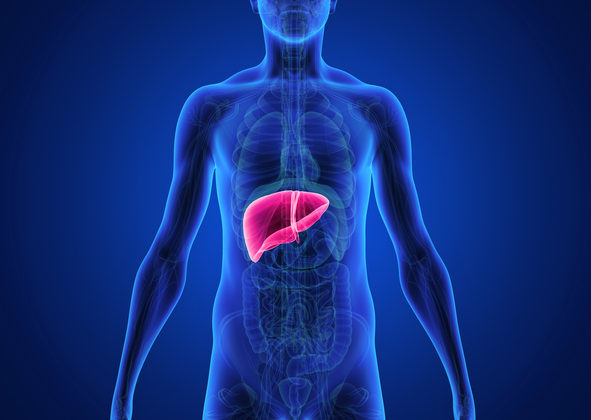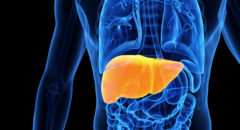
Black patients with hepatocellular carcinoma (HCC) from rural regions and lower-income households are more likely to have advanced-stage HCC at diagnosis and higher HCC mortality, according to a study published online Oct. 26 in Cancer.
Robert J. Wong, M.D., from the Veterans Affairs Palo Alto Health Care System and the Stanford University School of Medicine in California, and colleagues retrospectively examined adults with HCC using Surveillance, Epidemiology, and End Results data from 2004 to 2017 to update incidence and outcomes.
The researchers found that for most groups, HCC incidence plateaued, except for American Indians/Alaska Natives (2004 to 2017: annual percentage change, 4.17 percent) and patients in the lowest household income category (<$40,000; 2006 to 2017: annual percent change: 2.80 percent). Patients in more rural regions had increased odds of advanced-stage HCC at diagnosis (odds ratio, 1.10) and higher mortality (hazard ratio, 1.05) compared with those who had HCC in large metropolitan areas with a population >1 million. Patients with HCC who earned <$40,000 annually had higher odds of advanced-stage HCC (odds ratio, 1.15) and higher mortality (hazard ratio, 1.23) compared with the highest-income group (≥$70,000).
“Our study highlights the need to focus on understanding the drivers of poor liver cancer outcomes among underserved and vulnerable populations, including those in rural geographic regions or among low-income households so that targeted quality improvement interventions can more specifically address the needs of these populations,” Wong said in a statement.”





